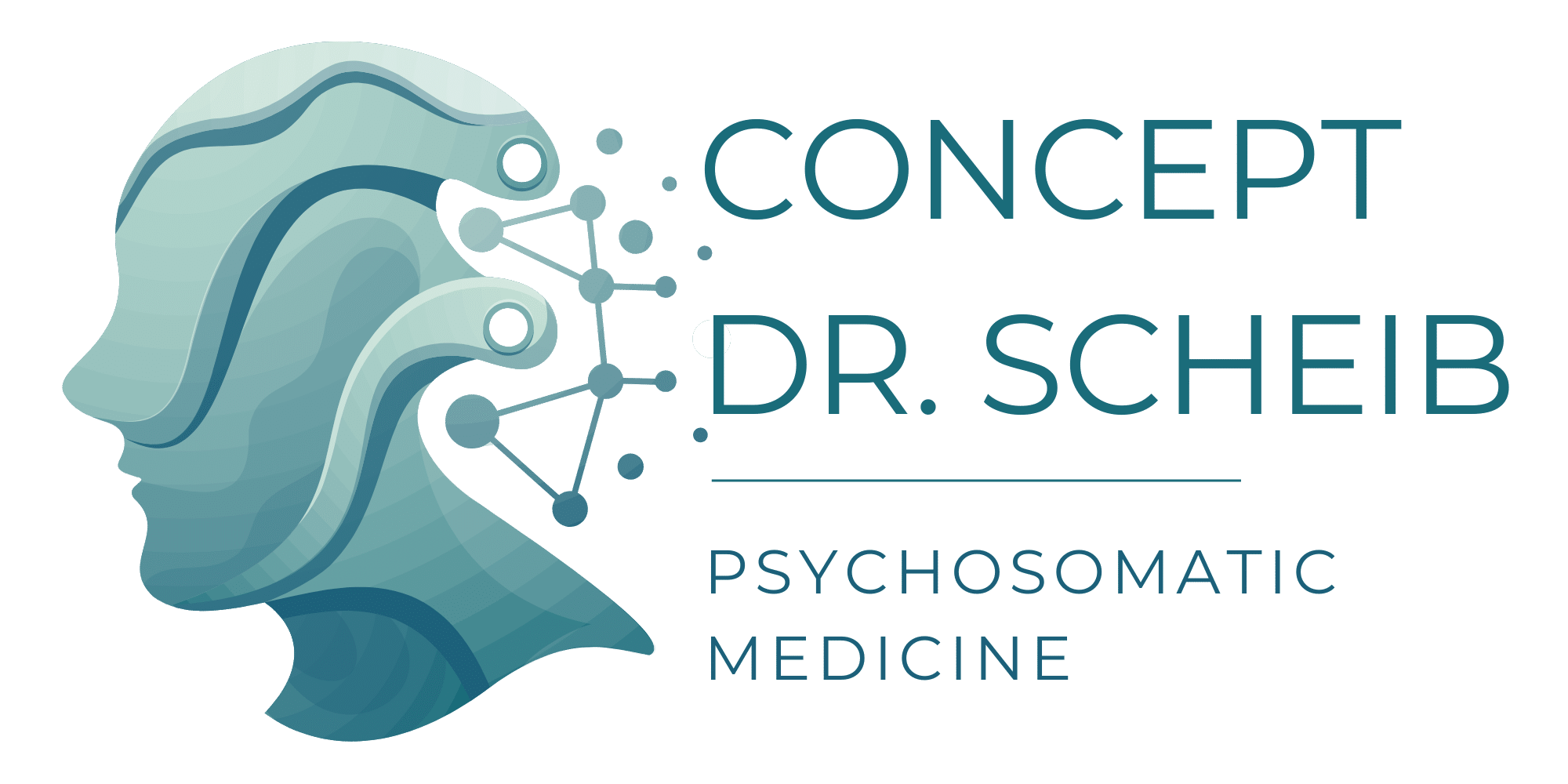Hypnosis therapy on Mallorca & in andalusia
Hypnosis for Depression, addiction, PTSD, anxiety, OCD, chronic pain, weight loss and smoking
What is hypnosis?
Hypnosis is one of the main treatment procedures in our clinic in Mallorca and Andalusia. Medical hypnosis, or hypnotherapy, is a scientifically recognized procedure and is used in medicine, especially for the treatment of pain and anxiety. But also in psychotherapy, hypnosis therapy opens up new possibilities to bring about emotional and cognitive changes. We use the treatment with hypnosis for depression, addiction, trauma, OCD, anxiety, neurological disorders and burnout.
Our hypnosis therapy is mostly used in combination with ketamine infusions. Our hypnotherapist supervises the hypnosis therapy during Ketamine treatments.
The hypnosis therapy in Mallorca is conducted by psychologist and hypnotherapist Karin Svabik.
Hypnosis therapy in Andalusia can also be offered on demand.
At all our locations, hypnotherapy is also used for weight loss, to quit smoking and as a relaxation method complementing other therapies, for example addiction or anxiety treatments.
Hypnosis therapy always begins with a psychotherapeutic evaluation. The therapist and the patient together determine the goals of the treatment. A prerequisite for successful hypnosis therapy – as with any other form of therapy – is the establishment of a trusting relationship between patient and therapist.
How does hypnosis work?
Hypnosis is a state of focused, limited consciousness in which the brain concentrates on only a few things. In this state, deep relaxation can be produced, as well as complete freedom from pain. The brain works in what is called “trance logic,” whereby new thought patterns can be developed.
It is now believed that more than 80 percent of people can be hypnotised. For most applications of hypnosis therapy, it is not necessary to achieve a very deep trance state. The patient himself determines how deep he wants to go into hypnosis. Even in a shallow trance state, pain perception changes, anxiety disappears, and depression is reduced. The effects can persist through posthypnotic orders even after hypnosis ends.
Hypnosis therapy can also influence the immune system. Medical drug effects , e.g. of ketamine, can be enhanced and side effects reduced through hypnotherapy.
In the treatment of patients with cancer, hypnotherapy can reduce pain, improve tolerance of chemotherapy, and thus improve quality of life. With improved symptom control, life expectancy is usually extended as well.
It is often useful for patients to learn self-hypnosis in order to be able to enter a trance state without a therapist after hypnotherapy has concluded, for example to eliminate pain.
Ketamine therapy and hypnosis
The hypnosis therapy in Mallorca and Andalusia can be combined with ketamine infusions. The dissociative effects of ketamine infusions strengthen hypnosis and make restructuring possible more quickly. For example, ketamine and hypnosis can be used to overwrite the addiction memory of patients with dependence syndrome. Hypnotherapy in combination with ketamine is also particularly effective for patients with depression.
What Hypnosis can treat
- Anxiety disorders,
- Depression
- Obsessive-compulsive disorders
- Post-traumatic stress disorder
- Chronic pain disorder
- Somatoform disorders
- Hypertension
- Addictive disorders (alcohol, tobacco, cocaine, etc.)
- Eating disorders
What Hypnosis can do
- Promotion of well-being
- Promotion of personal development
- Learning and concentration
- Improvement of memory function
- Change, restructuring and development of new perspectives
- Resource activation
- Creative new solutions
- Strengthening of the immune system
- Calmness instead of restlessness
- More self-awareness & self-confidence
- More mindfulness
- Deceleration
- Inner peace
- Inner balance
- Dream journeys
- Increase of self-care
- More self-efficacy
- Increase in general well-being
- Letting go of old conflicts
- Resolving blockages
- Finding an inner safe place
All procedures that may be used in our therapies
- Ketamine infusions
- Ketamine hypnotherapy psychotherapy
- Hypnosis / Hypnotherapy
- Behavioral therapy, also in virtual reality
- EMDR (Eye movement desensitization and reprocessing) trauma therapy
- Psychodynamic psychotherapy
- Neurofeedback
- HRV biofeedback and peripheral biofeedback
- Repetitive transcranial magnetic stimulation (rTMS)
- Transcranial direct current stimulation (tDCS)
- Autogenic training, progressive muscle relaxation, yoga
Sports therapy
If our patients are already undergoing psychotherapy, we discuss their progress with their therapists.
Not all therapies can be offered at all of our locations at the moment. Contact us for further information
F.A.Q. Hypnosis / Hypnotherapy
Frequently asked questions about our hypnosis therapy
During hypnosis therapy, your unconscious mind takes over. Don’t worry, you can rely on your unconscious mind because it will protect you and make sure that your session goes well. You should only engage in a hypnosis session if you trust your therapist. Your free will is not lost in the trance, because your unconscious only accepts what is coherent and helpful from the therapeutic offers.
No, any hypnosis therapy will only work if you get involved in it. Hypnosis requires active cooperation on your part! In other words, every hypnosis is a kind of self-hypnosis and you decide what you accept and what not.
Not every person is equally hypnotisable. It is said that about 10% of people are not hypnotizable at all, 80% are well hypnotizable and the last 10% are extremely good to hypnotize. There are simple, short tests that we can use to find out the suggestibility of the patient.
We offer hypnosis in 20-minute intervals. In this short time you can already shut down the whole organism and experience a little rest from everyday consciousness. In general; the more time we take, the deeper you can get into trance and the more possibilities for healing arise. For hypnotherapy regarding specific problem solving, at least 6 x 50-minute sessions are recommended.


























